7 Healthy Cleaning Traditions Everyone Can Learn About From Different Cultures

Spring cleaning is more than a western tradition. Around the world, spring and new year are accompanied by extensive cleaning rituals in most cultures. Such spring cleans have both a scientific and symbolic history. While new years are commonly associated with fresh starts and looking toward the future—making them the perfect time to clear out cobwebs and rid yourself of clutter—there are some good logical reasons why this time of year is best for cleaning your home.
Historically, houses got really, really dirty over the winter. Coal and wood fires, oil lamps and gas lights all made interiors dark, sooty, and smelly. There was no point trying to keep your rooms clean during the long, cold months when fires and lamps were lit more often than not and opening a window would have meant everybody inside freezing. The return of warm weather and longer sunlight hours made spring a natural time to throw open the shutters and start cleaning.
Before modern house building techniques became common, homes also had to be winterized. Log cabins in the southern United States had to be “chinked” before winter, meaning all the gaps had to be filled with mud or clay to make the home watertight and better insulated against the cold. Once winter was over, all the mud had to be removed, and the process finished by disinfecting and cleaning the whole home with vinegar and herbs.
Science also plays a part in why we clean in the spring. Our bodies’ production of melatonin, the hormone that regulates our sleep by making us tired, is linked to light. Melatonin production is triggered by darkness, meaning we’re all sleepier and less energetic during the cold, dark winter months. That means we’re genetically predisposed to want to be lazier in winter, making the idea of deep cleaning a house even less appealing than usual.
People from all around the world clean their homes once spring arrives. Spring cleaning is a tradition in religions such as Christianity and Judaism, and is part of national cultural holidays in places as different as China, Guatemala, and Iran. Here’s some of the most distinctive cleaning traditions from different cultures and faiths.
1. Cleaning in Christian tradition
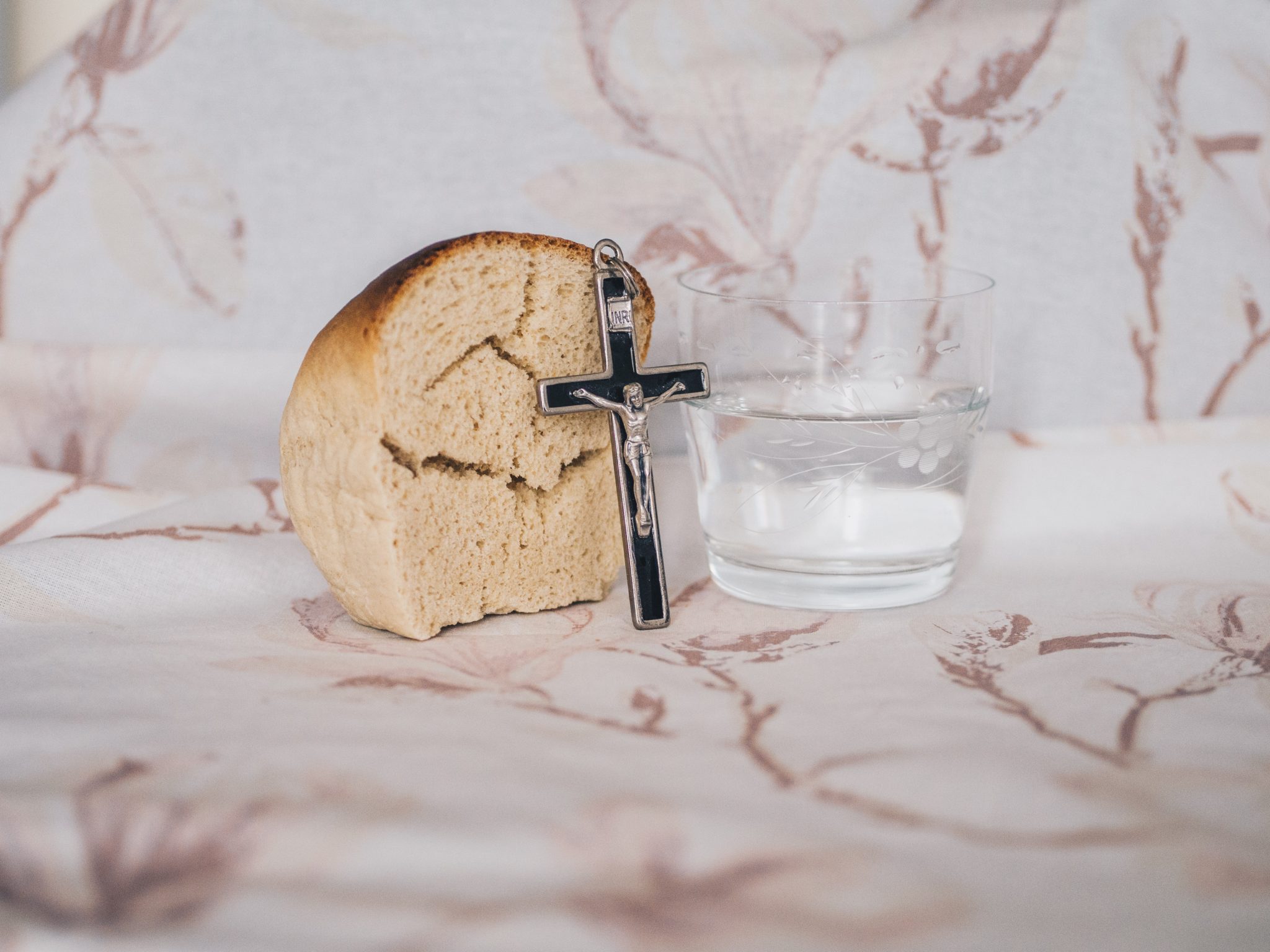
Christianity has its own cleaning traditions. Shrove Tuesday, also known as Mardi Gras (“Fat Tuesday”) or pancake day, is the date on which all indulgent foods are removed from the home before Lent. To prevent waste, decadent sugar, butter, eggs, and other rich foods are consumed so they’re not a temptation during the lean times ahead. Pancakes are the perfect recipe to quickly use them up, which is why that meal became traditional in many countries.
Greek Orthodox Christians also clean their houses in the week before Lent and use up the last of their rich food in a feast on “Kathari Deftera,” Clean Monday.
2. Cleaning your home for Passover
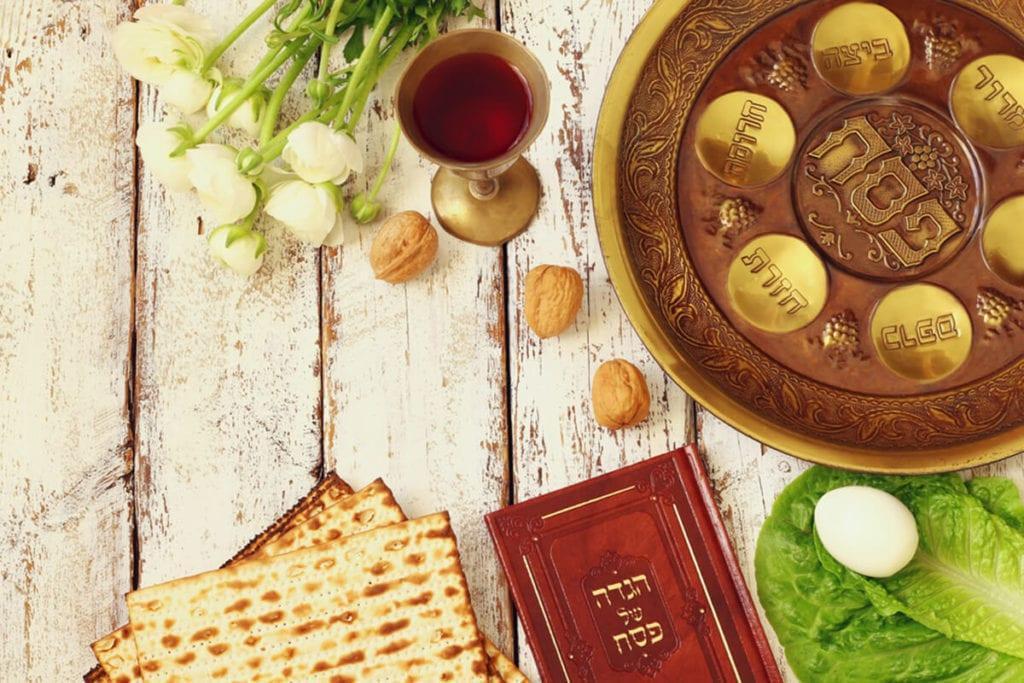
In Jewish custom, Passover is the festival celebrating the Israelites’ freedom from slavery. During Passover leavened products, such as raised bread, are forbidden. These products are known as chametz and abstaining from them reminds Jews that the Israelites were liberated from slavery and fled Egypt without having time for their bread to leaven, or rise.
Chametz means foods made from one of five grains that rise when left in water. According to custom, even flour dust can become chametz if it gets accidentally mixed with water, and traditional working kitchens had a lot of flour dust. Before Passover, people clean their houses to remove every speck of dust. The cleaning is followed by a ritual a prayer to disown any overlooked chametz.
3. Cleaning on Chinese New Year
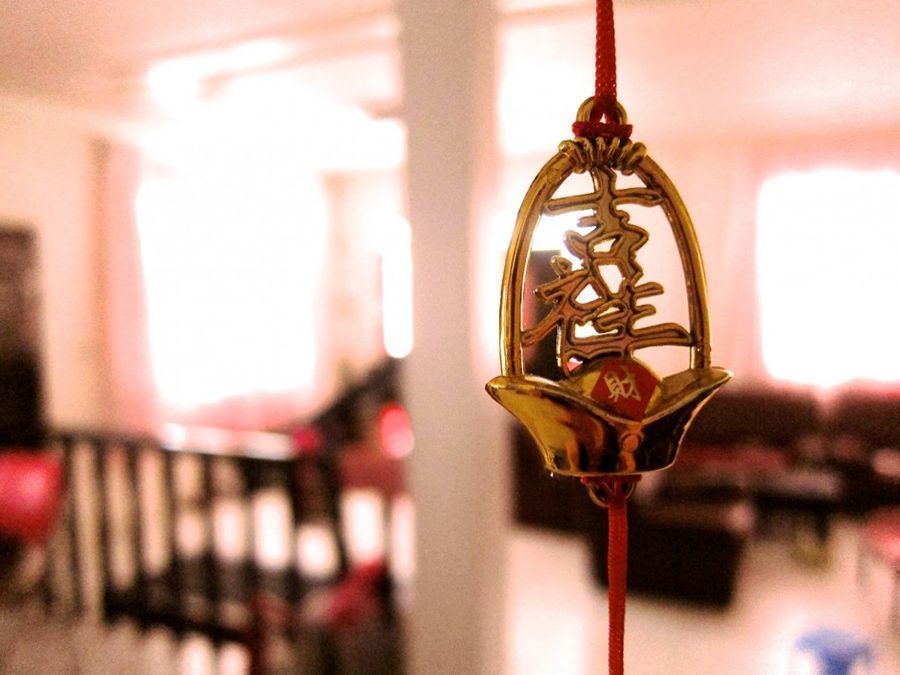
Chinese years follow a lunar calendar, so depending on the moon, the new year can be celebrated any time between late January and early February. The first day of the Lunar New Year is also the first official day of spring. According to custom, cleaning your home on the last day of the year cleanses it of bad luck and invites good fortune in the year to come. People don’t clean during the first week of the new year in case they sweep their good fortunate away.
4. Thai cleaning for Songkran
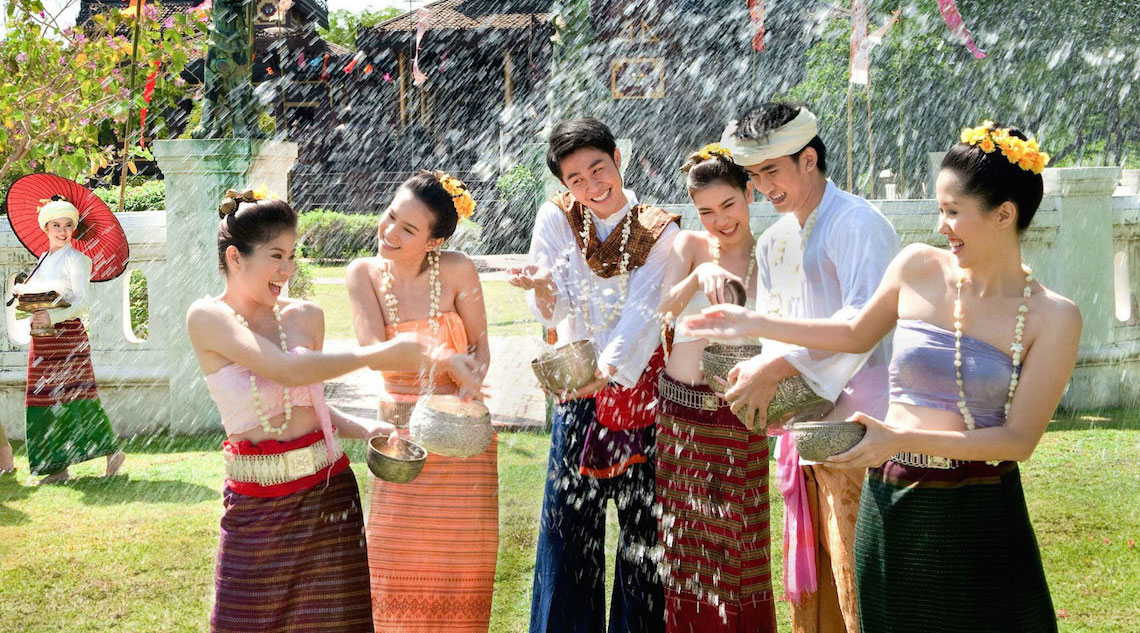
Thailand celebrates New Year’s Day in April with a festival called Songkran, a two-day national holiday. Each region celebrates the holiday with different rituals, but in the central region, people celebrate by cleaning their houses. The cleaning not only airs and freshens their homes; often water mixed with herbs and perfume is thrown at images or statues of Buddha in order to bring blessings and good luck.
The water that runs off the images used to be collected and poured over monks and elders as an additional blessing, and water is still a major part of Songkran festivities across Thailand. In the capital, Bangkok, stations are set up with water guns and buckets, and the whole city engages in a celebratory water fight.
5. Cleaning rituals in the Middle East
The Persian New Year holiday, known as Nowruz, symbolizes the time to give your house a deep clean in many cultures across the Middle East, Central Asia, the Caucasus, and the Balkans. “Shaking the house,” as it is known, is performed before the new year arrives.
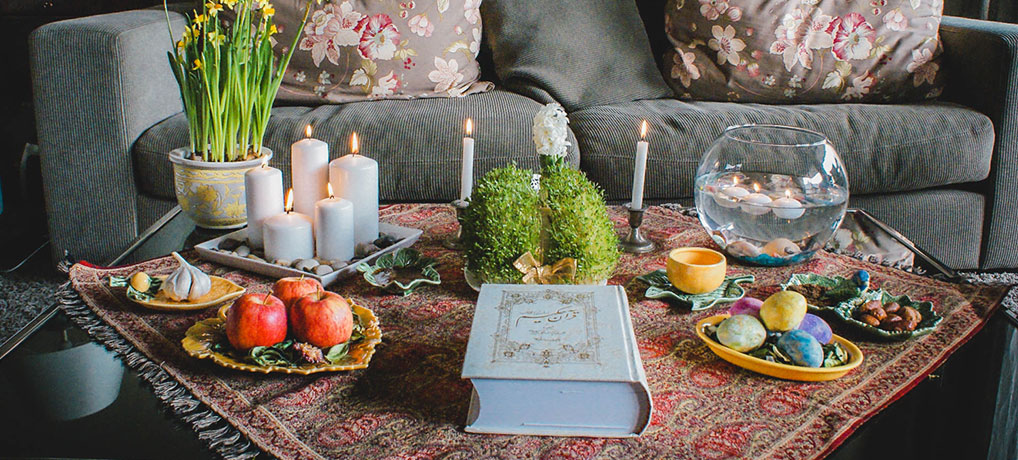
As well as cleaning the whole house, inside and out, homes are often repainted and redecorated, and once clean and fresh, adorned with flowers such as roses and jasmine. Garlands of flowers are hung around doors and windows, and geometric or floral patterns called Rangoli are made on floors and steps using colored powder. Homes can also be decorated with symbols such as fish, stars, butterflies, and birds. The ceremonies are intended to bring good luck in the coming year.
6. Guatemala’s Quema del Diablo cleaning rituals
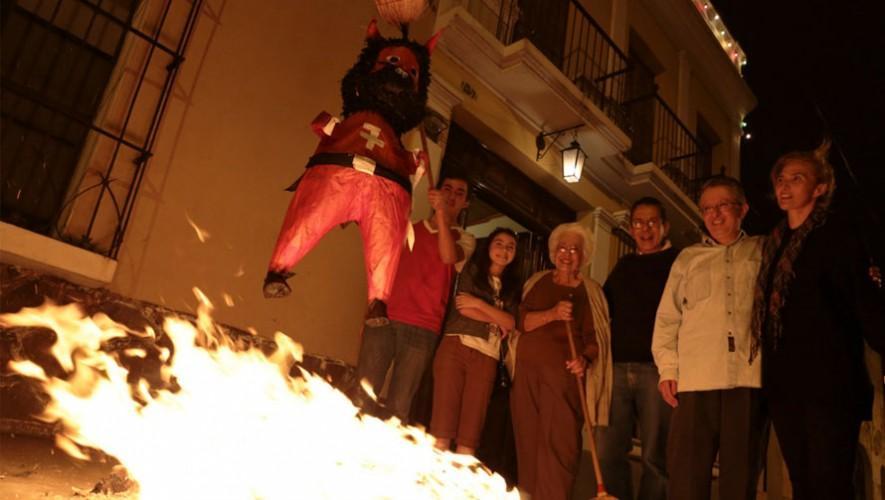
The dramatic “burning of the devil” festival held in Guatemala every year has its roots in Roman Catholic tradition. The day before the feast of the Immaculate Conception, Guatemalans burn the devil in effigy to make way for Mary.
As well as effigies, Guatemalans also burn their trash and sweep their houses clean, purifying their homes ahead of the holy feast. The tradition of burning trash came about because the rich would hang lanterns outside their houses ahead of the feast. The poor, unable to afford such decorations, burned trash instead, and from there the practice grew. Today, homes are swept, and garbage is cleared so the devil has no hiding place and the house has been literally and symbolically cleaned.
7. Taking your shoes off before going indoors
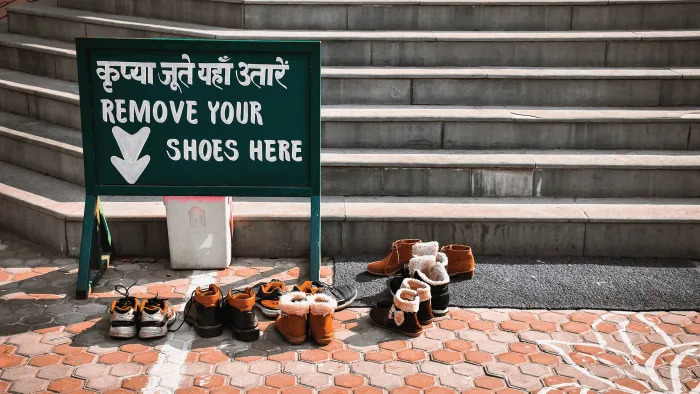
Not all traditional approaches to cleaning are tied to a particular religious or cultural holiday. In many countries, it’s polite to remove your shoes inside the house. In much of northern and eastern Europe, the Balkans, most of Asia, and the Arab world, taking your shoes off inside is considered the norm, even as a guest in someone else’s home.
You don’t have to look far to find the roots of this tradition. In regions where the ground is particularly prone to being sandy, dusty, muddy, or otherwise likely to make a mess of your friend’s nice carpet, it’s often customary to take your shoes off when visiting. In Japan, it’s considered polite to remove your shoes even in schools, workplaces, and some restaurants. In most instances’ guests are offered slippers to wear inside, with a separate set of slippers for use only in bathrooms. Hygiene is the root of this tradition, keeping outside dirt from being tracked inside, and bathroom germs away from the rest of the home.
Many religious buildings also prohibit the wearing of shoes inside, including mosques and Hindu and Buddhist temples. Going barefoot is a sign of humility in most religions, including Christianity, and taking your shoes off in holy buildings is considered a mark of respect. However, in many western cultures bare feet were strongly associated with poverty, and the tradition of removing your shoes before entering a home or religious building didn’t catch on.
Spring cleaning your house can be cathartic whatever country or culture you’re from. It’s a chance to reinvent your space, declutter, and enjoy your home again.
Whatever your reason for wanting a cleaner home this spring, from tradition to turning over a new leaf and making a fresh start, Pro Housekeepers can help. Contact us today to book your first appointment with our cleaning Pros and get a fresh, clean home in no time.